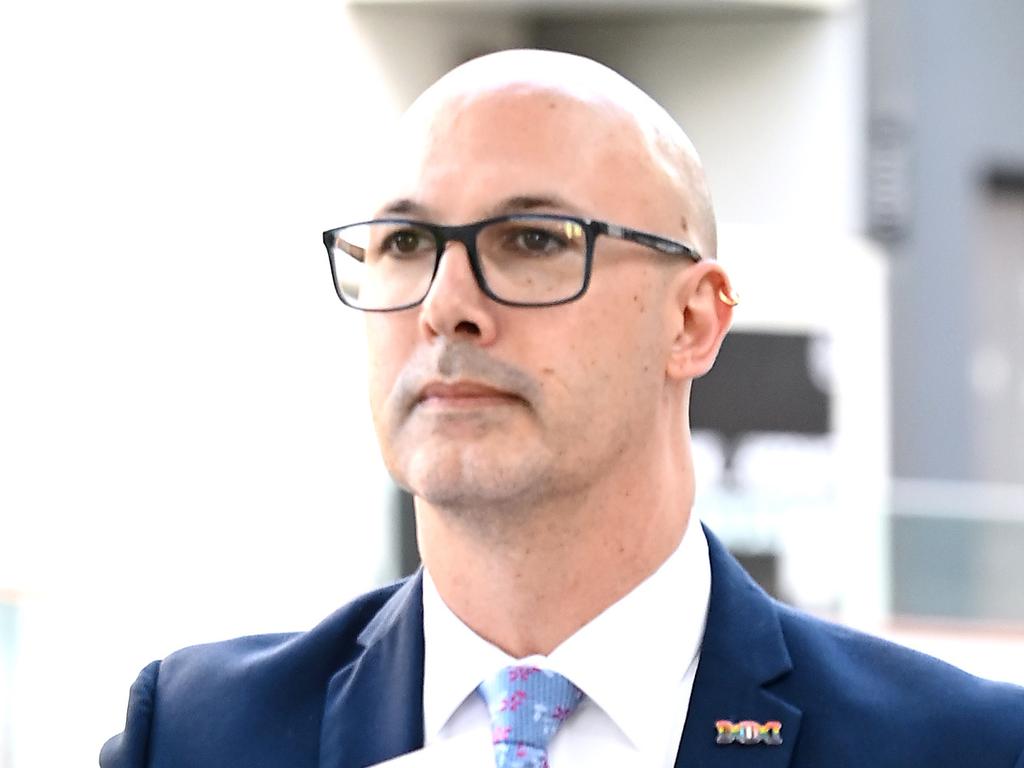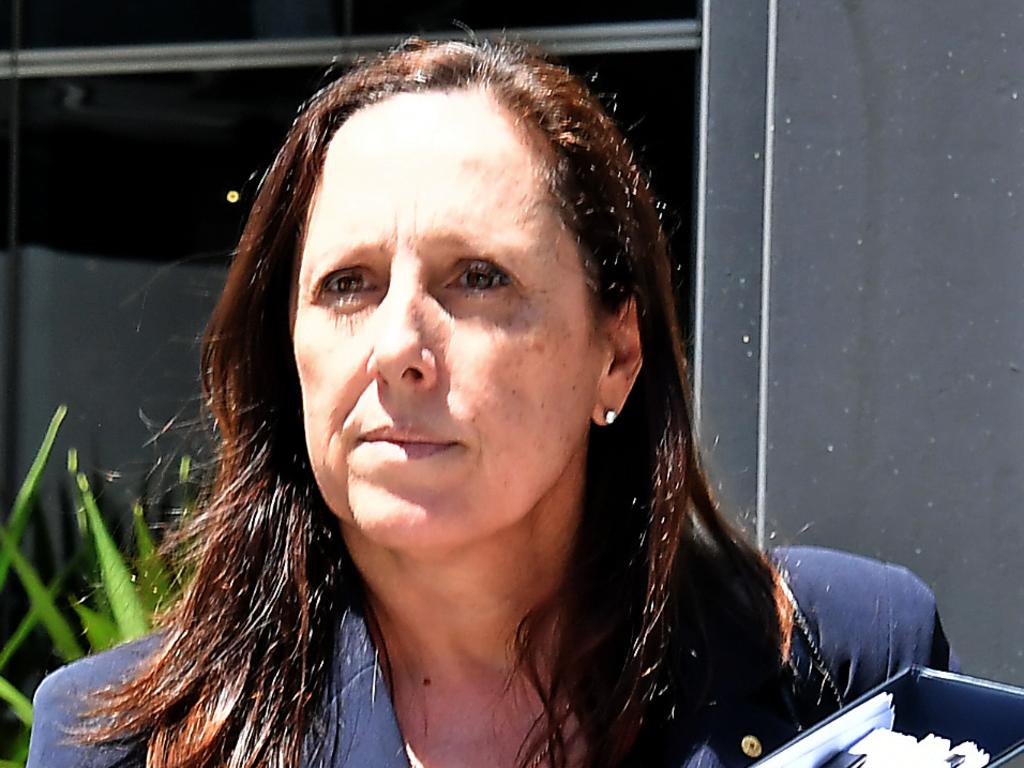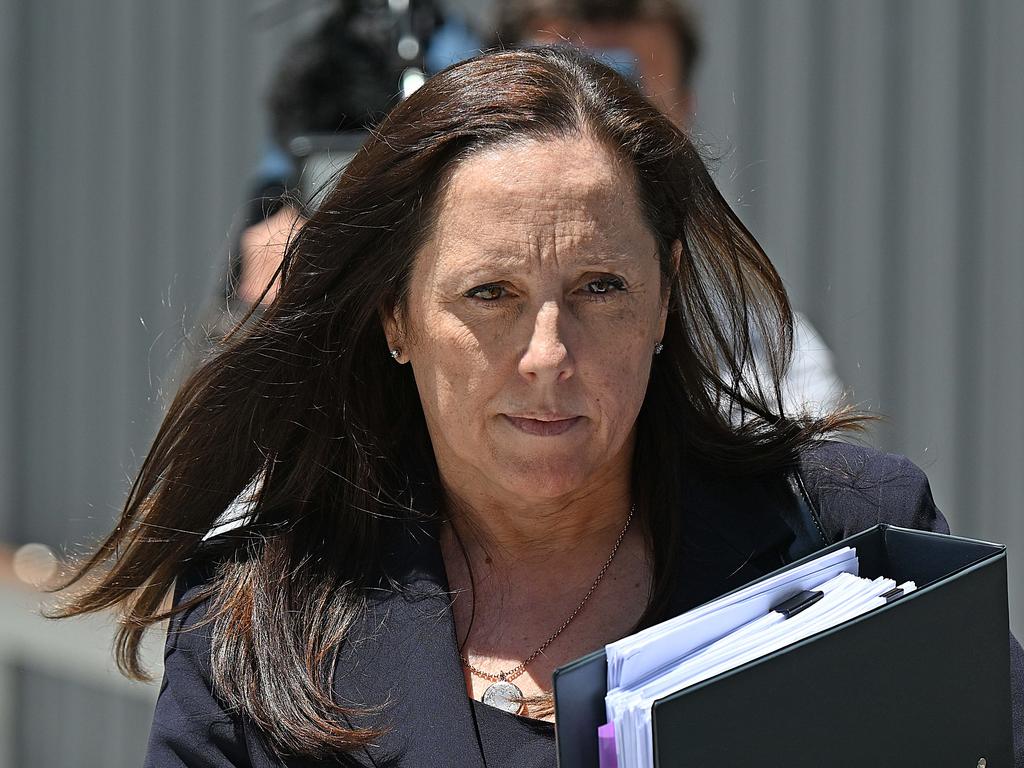Shandee Blackburn murder: Queensland Police out for blood over failed DNA lab samples
The number of presumed blood samples failing to yield DNA profiles doubled after the introduction of a robotic lab method.
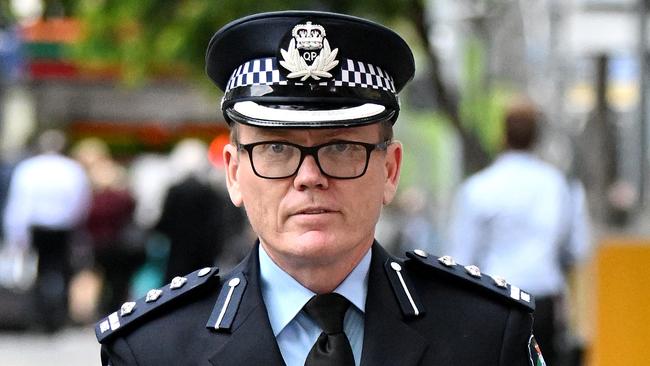
Queensland police recorded a doubling of samples of presumed blood failing to yield DNA profiles following the introduction of an automated DNA extraction method that is blamed for Shandee Blackburn’s vicious murder remaining unsolved.
Retired Federal Court judge Annabelle Bennett SC on Thursday raised her concerns with scientists about the spike in the failure of “blood” samples yielding profiles, documented in a late police statement to her commission of inquiry. “I would have thought if you’re going to get a profile you should be able to get it from blood,” Dr Bennett said.
She was responding to Queensland Police Service Acting Superintendent David Neville’s statement detailing police complaints about crime scene samples failing to return DNA profiles when they were expected to.
The inquiry was launched after The Australian revealed an automated DNA extraction method used in the lab from 2007 to 2016 was brought online despite scientists knowing it was having serious trouble recovering DNA.
Mr Neville said police knew the government had funded robotics for the lab but had no input or oversight on the implementation.
While the automation has been described by scientists as one of the biggest changes in the lab’s history, Mr Neville said he found no evidence the lab discussed with police whether the new system could extract DNA successfully.
Police became aware in 2008 that the robots had been temporarily withdrawn, he said.

“This came to my attention because it coincided with a spike in blood samples not yielding profiles. In the first half of 2009, I had received complaints from numerous forensic officers that samples presumed to be blood had failed to yield a profile.”
Mr Neville said statistics he requested showed a trend of presumed blood samples increasingly failing to return DNA profiles.
In 2005-06, 6 per cent of presumed blood samples did not yield a profile, rising to 7 per cent in 2006-07. In 2007-08, the year the lab introduced robots to extract DNA instead of scientists doing it by hand, there was a significant jump to 11 per cent of blood samples failing to return profiles.
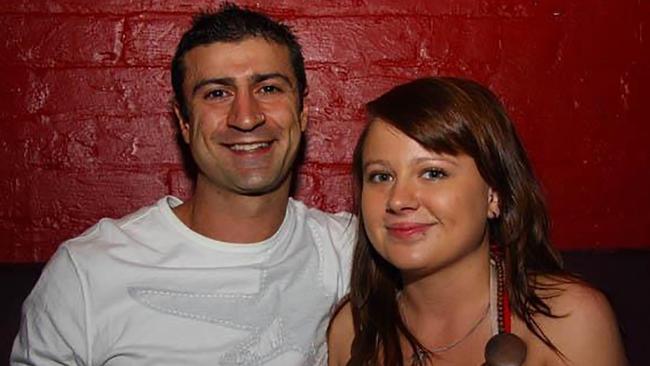
After the robots were then taken offline as a result of causing the mass cross-contamination of crime scene samples, 32 per cent failed to provide profiles.
Then in the first half of 2010, when the robots were again being used in the lab, 12 per cent of blood samples failed to return profiles – double the rate from pre-automation.
Independent forensic biologist Kirsty Wright believes the automated method is the reason samples from the stabbing murder of Blackburn as she walked home from work in 2013 failed to identify her killer.
Dr Wright and The Australian’s podcast, Shandee’s Story, revealed the lab had been unable to recover DNA from samples that included a fresh pool of blood at the scene. Twelve areas in the car of Blackburn’s former boyfriend and accused killer John Peros tested presumptively positive to blood, but no DNA was detected and it was accepted it wasn’t blood.
Mr Peros denies any involvement in Blackburn’s murder, which is currently the subject of a new coronial investigation.
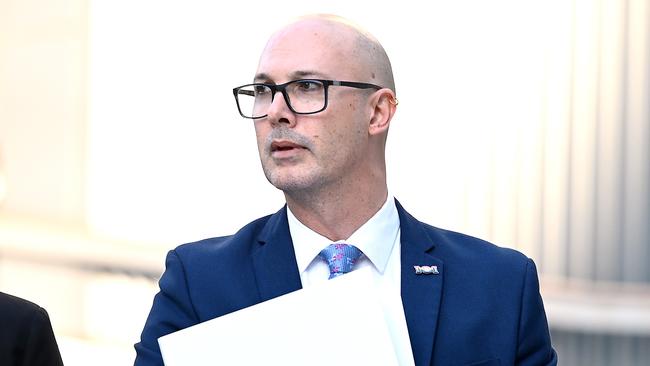
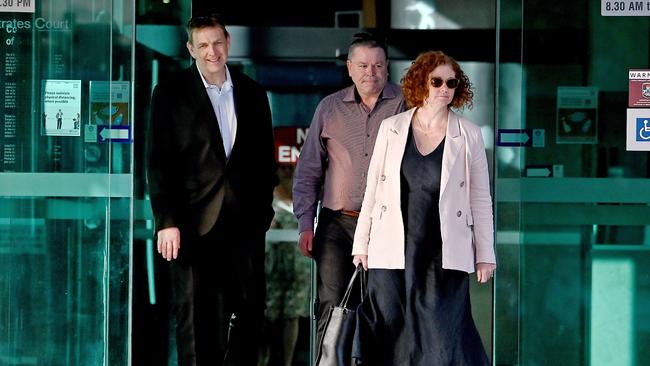
Mr Neville said: “My recollection is that the issue with the robotics was one of contamination. I do not recall being advised … that there were problems or concerns with the efficacy of extraction using the robotics.”
DNA lab reporting scientists Tom Nurthen and Allan McNevin, and former managing scientist Vanessa Ientile, were recalled to the inquiry to give further evidence on Thursday.
Mr Nurthen and Mr McNevin said more information would be needed to draw valid conclusions, while the inquiry was also told police had changed the swabs they used to collect DNA around the time of the spike in blood failures.
Senior lawyer assisting the inquiry Andrew Fox is due to deliver closing submissions on Friday.


